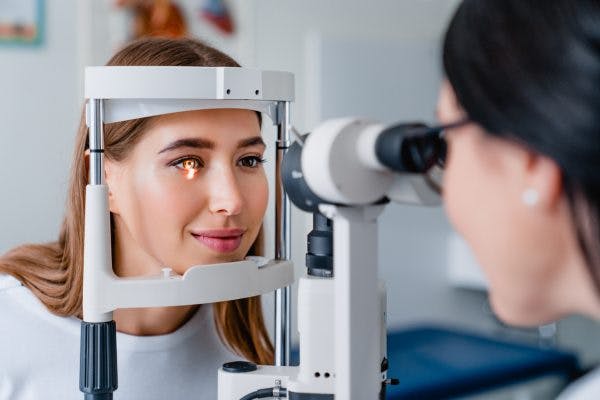
Post-Traumatic Cervical Dystonia: What It Is and How to Treat It
Post-traumatic cervical dystonia (also known as spasmodic torticollis) is a serious movement disorder that can occur after TBI. It’s a condition that causes the muscles

Post-traumatic cervical dystonia (also known as spasmodic torticollis) is a serious movement disorder that can occur after TBI. It’s a condition that causes the muscles

Emotional problems after traumatic brain injury can be complex secondary effects. A brain injury can cause a wide variety of emotions, from sudden anger to feeling

Breathing problems are a dangerous complication of traumatic brain injuries (TBI). They most commonly arise after an injury to the brain stem. To help you

Light sensitivity is a common problem after a head injury. However, sometimes the symptoms of light sensitivity can be hard to recognize, as they often

Left neglect (a type of hemispatial neglect) refers to a disorder of attention that causes a person to have difficulty noticing, attending to, and responding

If you have ever experienced sensory overload after brain injury, you are not alone. Hypersensitivity to stimulation often occurs after TBI because your brain is

Perseveration after brain injury can cause someone to continuously repeat actions, words, or thoughts. It is thought to occur due to changes in memory, attention,

Nystagmus refers to a secondary effect of head injury that causes the eyes to make rapid, uncontrolled movements. It usually occurs after cerebellar damage. Vestibular disorders

Slurred speech is a common effect of head injury. Fortunately, by working with a speech therapist, individuals can learn effective ways to become a better

Loss of taste and smell after a head injury is often overlooked by doctors. Most patients in the hospital do not initially realize that their


Take the first step towards recovery.